The 'Ferragosto' Effect
The timeless art of doing nothing -- and getting away with everything
Every year on Ferragosto, Italy fakes its own death.
When I first came to Italy, typical August vacations lasted the whole month; now they’re two weeks. But Ferragosto -- this Friday -- refuses to change. It’s the one day of the year when Italy still shuts down completely.
Offices locked. Streets silent. Shutters drawn. Available parking is everywhere.
It’s the annual victory of dolce far niente -- the sweetness of doing nothing -- elevated to a national imperative.
But Ferragosto is more than a day off. For me, it’s the most Italian of all holidays: born in ancient Rome, claimed by the Church, repurposed by politics, and refusing to adapt to modern life.
And, as history shows, it’s also a good time to assume people aren’t paying attention.
To steal a treasure
The theft of the Mona Lisa took place in broad daylight.
In 1911, Vincenzo Peruggia, an Italian decorator working part-time as a cleaner at the Louvre in Paris, walked into the Renaissance gallery, lifted the Mona Lisa off the wall, removed the glass display case, wrapped his work smock around the wooden panel, and then strolled out into the streets of Paris with Leonardo da Vinci’s masterpiece tucked under his arm like a baguette.
It took 28 hours for anyone to notice. The museum director was on vacation. The French Minister of Arts and Culture could not be found. Police eventually acted, arresting the poet Guillaume Apollinaire, who implicated his friend Pablo Picasso, reducing the Spaniard to tears during his interrogation.
Peruggia had a police record, and his thumbprint was found on the display case. But nobody followed up.
Naturally, all this happened in August.
A month for mischief
So far this month, the government of Prime Minister Giorgia Meloni green lit a controversial plan to spend €13.5 billion on what is probably an unnecessary bridge between Sicily and Calabria (more on this in a future post) and advanced a polarizing measure to tighten controls on gender hormone therapy for minors.
During previous summer lulls, Italian governments have raised the value-added tax, rewritten voter eligibility rules, issued new refugee decrees, approved emergency austerity packages, banned smoking indoors, and granted judicial immunity to senior government officials.
Long-time Italy watchers remember the 1992 prelievo forzoso, when, without warning, the government seized 0.6 percent of the balance from every Italian bank account to combat a financial crisis. That took place just before the August break.
It’s a tradition with ancient roots.
In the ninth year of his reign, Caesar Augustus combined various end-of-the harvest festivals -- the Vinalia Rustica for wine, the Consualia for grain -- into a single official holiday under his name: the Feriae Augusti, literally the “Augustus Festivals.”
The first edition was held in 18 BC, and from there it spread throughout the empire, an early example of soft power. Whether people celebrated or rested, they were expected to give thanks to the emperor. Workers who wished their employers “Buon Ferragosto” even received small cash bonuses.
After Rome fell, the Church kept the date but changed the dedication. It became the Assumption of the Virgin Mary, marking the date when Catholic tradition says the mother of Jesus rose to heaven, body and soul. It remains a Holy Day of Obligation marked by processions and pilgrimages.
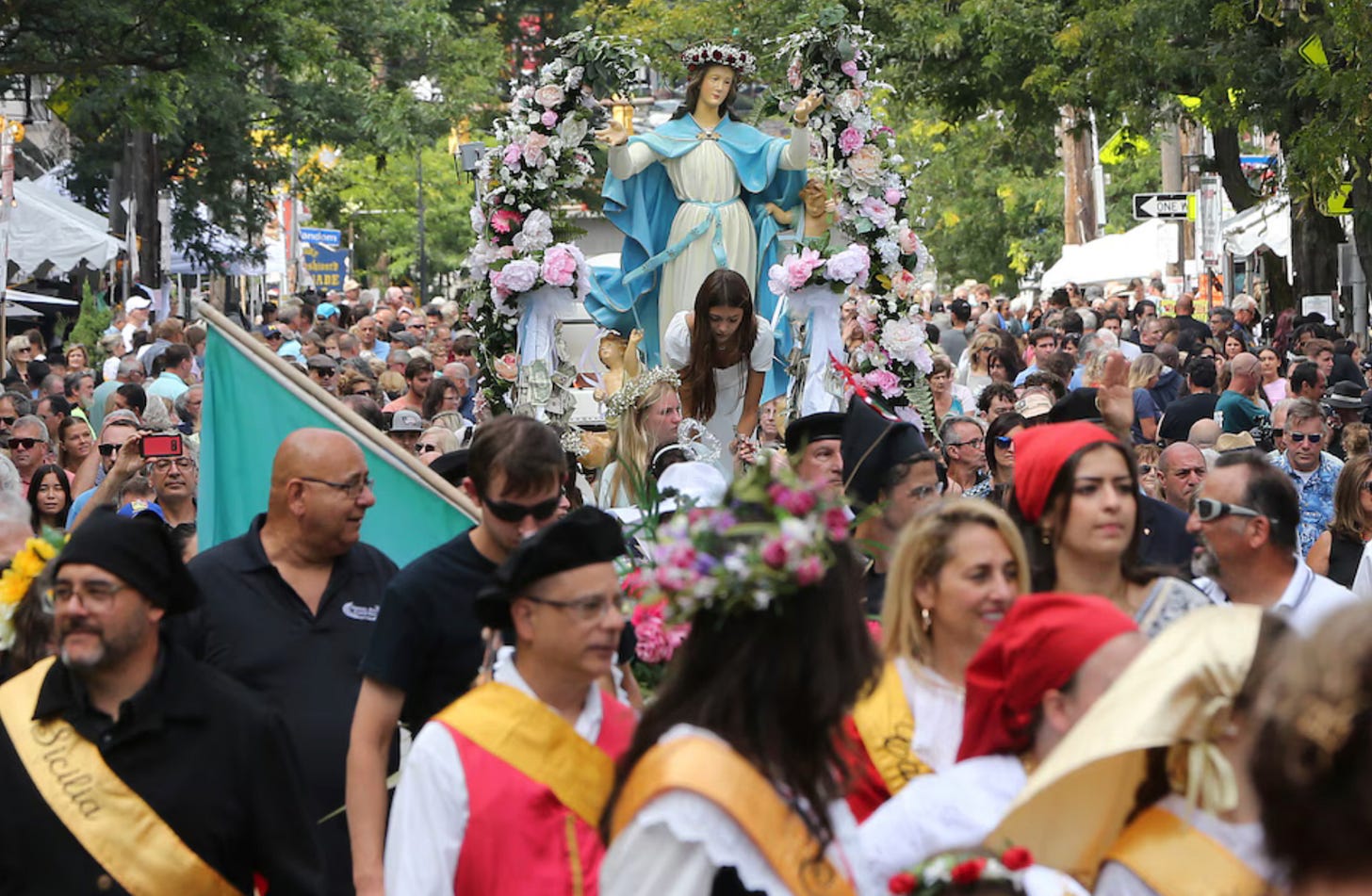
In the 1920s, Benito Mussolini, building on the grandeur of Imperial Rome and Church traditions, created a state-mandated Ferragosto workers’ holiday. It was known for deeply discounted treni popolari to encourage working class Italians to travel the country for the first time. Propaganda posters showed a healthy, unified, and patriotic country.
Today, Ferragosto retains a little bit of all these past lives. But the date is mostly an urban disappearing act so abrupt it feels like someone pulled a fire alarm. It’s an annual reminder that in Italy, history never completely disappears, it just changes costumes. And for Ferragosto, the costume is usually a swimsuit.
Ferragosto’s Folk Hero
Peruggia kept the Mona Lisa hidden in his Paris apartment for two years, before he smuggled it to Italy in a trunk he built with a false bottom.
Eventually, he contacted Alfredo Geri, an art gallery owner in Florence. He was hoping for a big financial reward as a patriot returning the famed masterpiece to its homeland. Instead, Geri called the cops. Peruggia was arrested in his hotel room, where the painting was hidden under the bed, wrapped in a blanket and next to his spare pair of shoes.
There was lively debate in Italy over whether the painting should be returned to France. Diplomats eventually reached a compromise: the Mona Lisa would be displayed for short periods in Florence, Rome, and Milan before being sent back to the Louvre with great fanfare in 1914. The publicity helped turn the work into the most famous painting in the world.
The return also caused a nationalist media backlash that for a time helped strengthen Italian national identity, while Peruggia was cast as a kind of folk hero. Italian courts agreed, sentencing him to a lenient year in jail. He was out in seven months, but had already faded from the public eye.
The August timing of Peruggia’s crime was clever. But the botched aftermath -- the theatre, the grandstanding -- that was pure Ferragosto.
📌 And another thing:
In the spirit of Ferragosto, I will take a short summer break from The Italian Dispatch. I finished up this post in the very un-Italian environs of Iceland, where it’s hard to get a good coffee at a fair price but easy to find glaciers, waterfalls, and other-worldly views. I still have a lot of the country to explore.
I’ll still be around in the comments and might post in Substack Notes. But the next full dispatch will arrive on August 26.


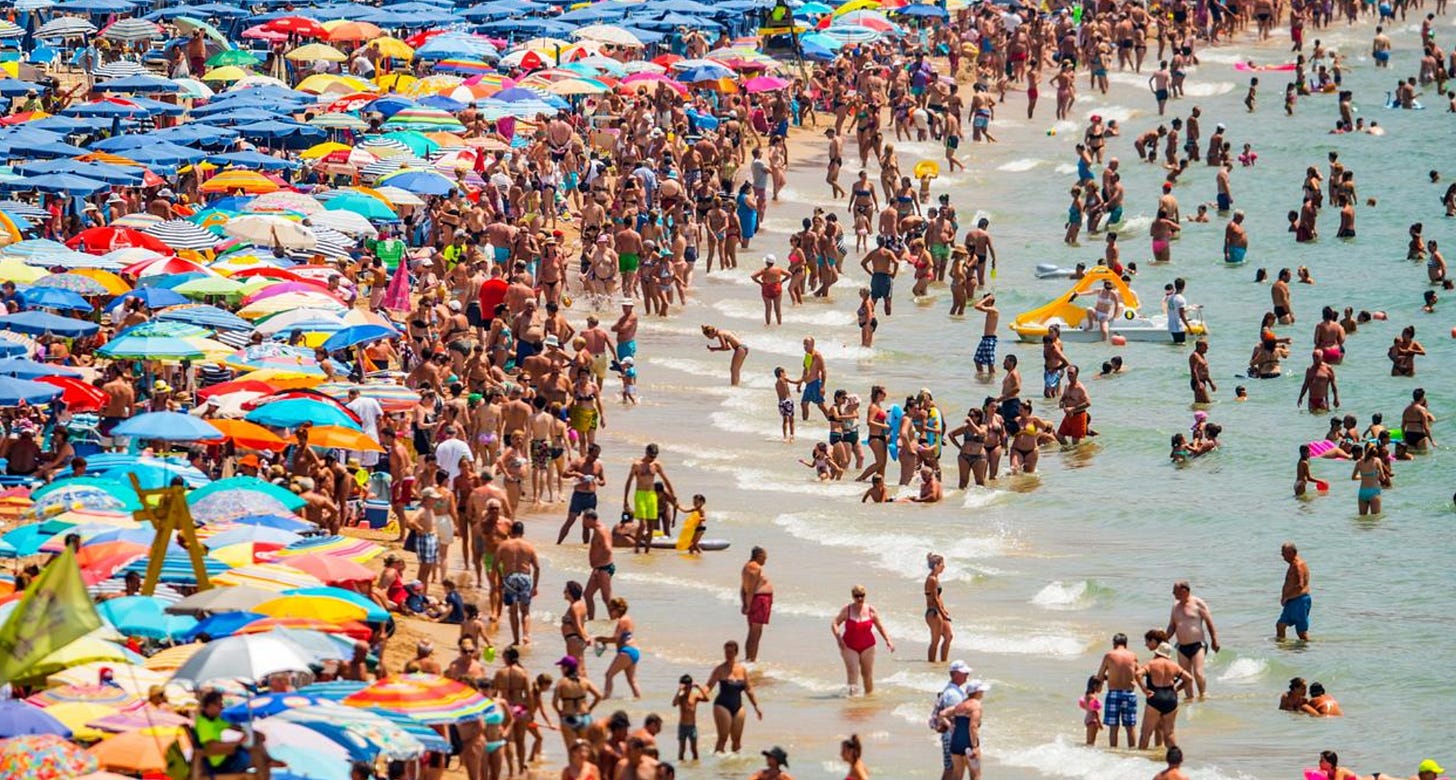
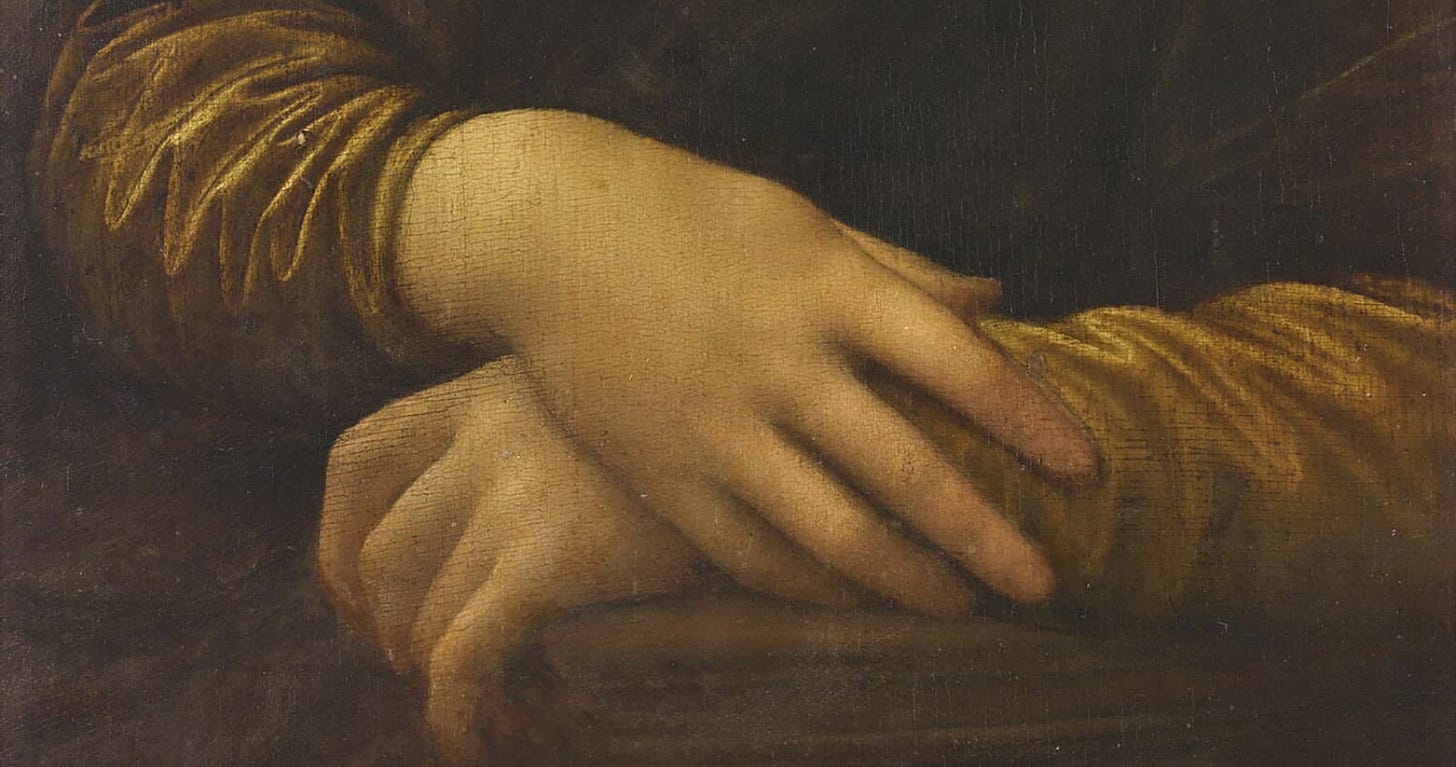
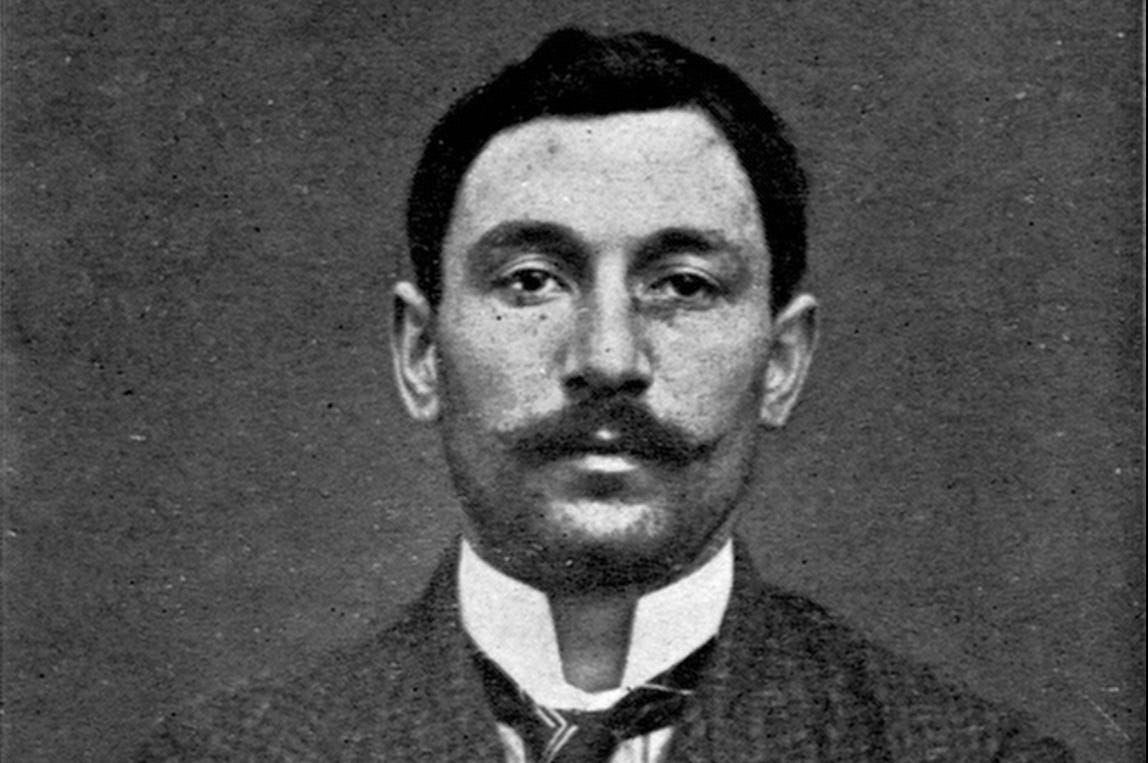
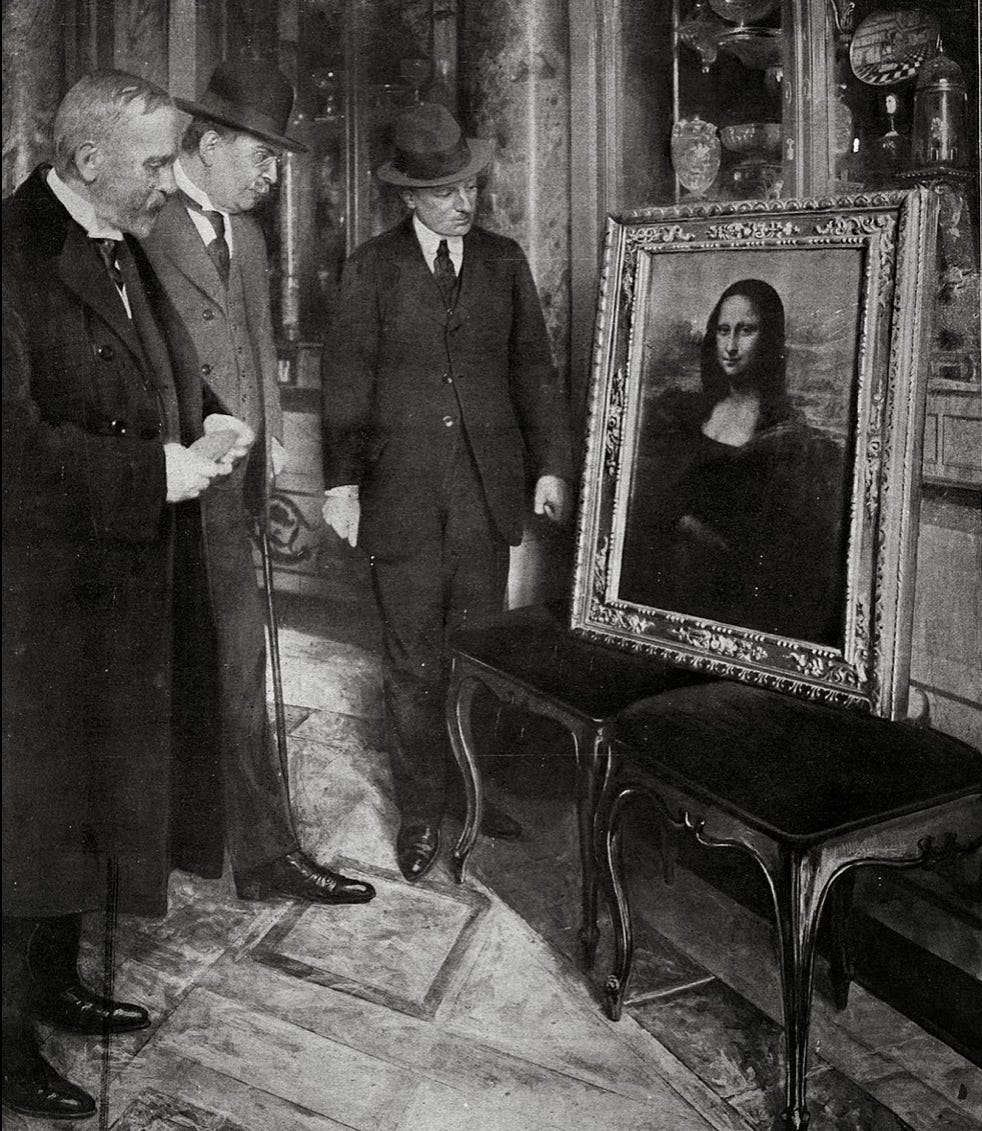
Thanks, that was informative. Would the Mona Lisa be famous without a botched theft on Ferragosto, good question! Enjoy your break, and meanwhile I'm heading to Italy to join the Italians at la spiaggia for Ferragosto along with a 1 euro caffe.
I always learn something new with your articles!
When I moved to the U.S. I couldn't believe Ferragosto wasn't a thing they did! I had no idea it was so "Italian" ...